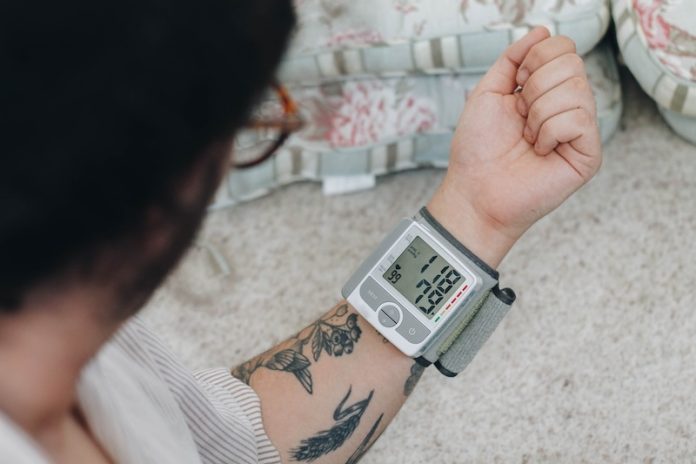
In a groundbreaking study, researchers found that intensive blood pressure control can greatly reduce the risk of heart problems in people at high risk of heart disease.
This approach, which aims to lower the top number in blood pressure readings to less than 120 mm Hg, was found to be more effective than the standard target of less than 140 mm Hg.
High blood pressure, also known as hypertension, is a common health issue. It is a major risk factor for heart diseases like heart attacks and strokes.
To reduce the risk of these life-threatening conditions, it’s important to manage blood pressure effectively.
The Effective Systolic Pressure Reduction Intervention Trial, or ESPRIT, was a study conducted in China. Its goal was to see how intensive blood pressure management could impact the occurrence of major heart-related events in people at higher risk of heart disease.
Study Findings:
- Intensive Treatment Reduces Cardiovascular Events:
People who received intensive blood pressure treatment, with a target of less than 120 mm Hg for the top number in their blood pressure reading, experienced a 12% reduction in major cardiovascular events.
These events include heart attacks, strokes, cardiovascular-related deaths, revascularization procedures, and hospitalizations for heart failure.
- Significant Reduction in Cardiovascular Deaths:
The intensive treatment approach led to an impressive 39% reduction in deaths caused by cardiovascular problems. This means that fewer people in this group suffered fatal heart-related events.
- Lower Risk of Death from Any Cause:
Overall, the intensive treatment strategy lowered the risk of death from any cause by 21%. This indicates that intensive blood pressure control can have broad health benefits.
Safety Considerations:
The study also looked at safety and found that the intensive blood pressure management approach did not significantly increase the risk of serious side effects, such as low blood pressure, electrolyte imbalances, falls resulting in injuries, acute kidney problems, or kidney failure.
There was a slight increase in the occurrence of fainting (syncope) in the intensive treatment group, but this was relatively rare.
Significance
These findings highlight the importance of effectively managing high blood pressure, especially in people at higher risk of heart disease.
Implementing intensive blood pressure control could save lives and reduce the global burden of heart-related issues.
If you care about blood pressure, please read studies about Scientists find link between high blood pressure drugs and this skin disease and findings of common high blood pressure medication may not be the best choice.
For more information about heart health, please see recent studies about Right diet can be the key to survival for people with heart failure and results showing that Diets high in proinflammatory foods linked to heart diseases.
Follow us on Twitter for more articles about this topic.
Copyright © 2023 Knowridge Science Report. All rights reserved.



